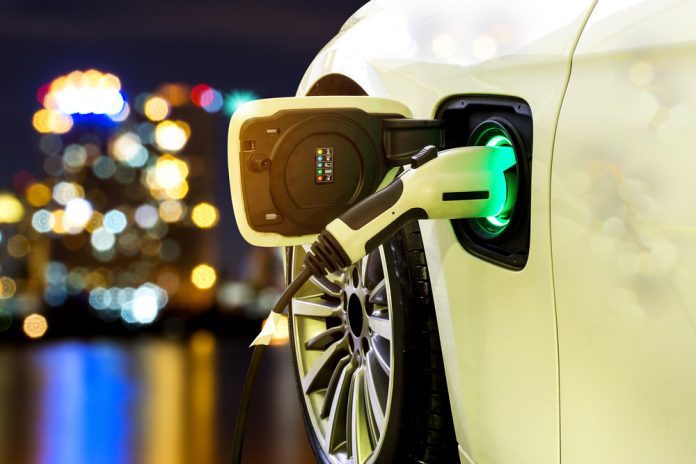Canada has joined the U.S. in setting a zero-emission vehicle (ZEV) mandate, calling on automakers to gradually phase out internal combustion engine (ICE) models and sparking frustration and outrage from car manufacturers and electric vehicle critics.
Similar to ZEV policies in the U.S., Canada will now require manufacturers to substitute a certain percentage of ICE sales with either electricity or hydrogen powered models. Currently, automakers will need to boost ZEV sales until they account for 20% of total new car sales by 2026. By 2030, the share increases to 60%, and by 2035, the nation expects 100% of new vehicles sold to be emissions-free.
This move not only represents an aggressive escalation in the country’s fight against climate change, it also signals an alliance of sorts between international regulators and lawmakers. The more countries adopt a ZEV mandate or restrict the sale of ICE vehicles, the fewer alternatives automakers will have. Car manufacturers, at least in the U.S., have started to dial back their expectations for the battery-powered car market and suspended projects that would have ramped up production. Should their calculations indicate that the penalties for failing to meet emissions standards in the U.S. and now Canada outweigh the costs of transitioning to a ZEV-only industry, those shelved plans may be back on the table much earlier than expected.
That being said, nothing is set in stone. A political shift would likely result in the repeal of most, if not all, ZEV mandates. Automakers are also likely to pursue strategies that may delay or slow the transition that regulators and lawmakers envision. Brian Kingston, president of the Canadian Vehicle Manufacturer’s Association, was quick to signal the industry’s response to the new policy. “Achieving higher ZEV sales levels depends on favorable market conditions, stronger consumer purchase incentives…widespread charging infrastructure (and) expanded grid capacity,” he stated.
The EV market, which accounts for nearly all ZEV sales due to difficulties in acquiring hydrogen gas, remains small in Canada as it does in the U.S. In the first nine months of 2023, the number of battery-powered cars in the country hit 132,700. In 2022, researchers estimated the total number of registered vehicles within Canada to be 26.3 million.



